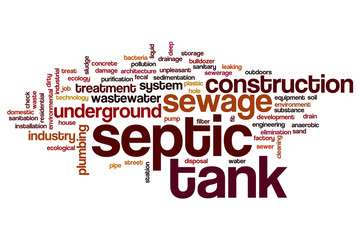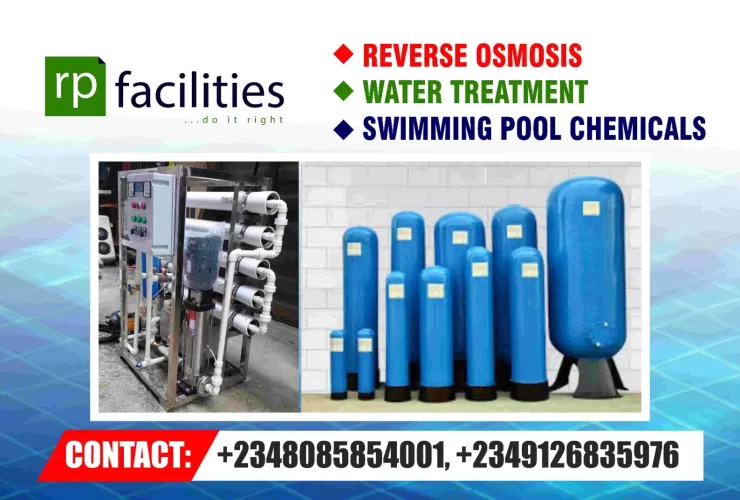Sewage Treatment Plant
In the rapidly urbanizing world, effective wastewater management is becoming increasingly essential, especially in densely populated areas like Lagos and Abuja, Nigeria. Sewage treatment plants (STPs) are at the heart of this endeavor, serving as vital infrastructure that ensures the safe and efficient treatment of wastewater from various sources. This article explores the critical role of STPs in wastewater management, delving into their processes, benefits, and the challenges faced in implementing these systems, particularly in Nigeria.
What is a Sewage Treatment Plant?
A sewage treatment plant (STP) is a specialized facility designed to process wastewater from residential, commercial, and industrial sources. The primary goal of an STP is to remove harmful contaminants from the wastewater, resulting in effluent that can be safely released back into the environment or repurposed for other uses. The processes involved in an STP are diverse, including physical, biological, and chemical methods, all working together to ensure the effective removal of pollutants.
The Process of Sewage Treatment
The sewage treatment process is typically divided into several key stages, each with its own distinct function:
- Preliminary Treatment:
- This initial stage focuses on removing large debris and inorganic materials such as sticks, rags, and grit. These materials are screened out to prevent damage to the subsequent treatment equipment. Preliminary treatment is crucial for safeguarding the efficiency of the entire sewage treatment process.
- Primary Treatment:
- In this stage, wastewater is held in sedimentation tanks where heavier solids settle to the bottom, forming sludge. The primary treatment reduces the concentration of suspended solids and organic matter in the wastewater, preparing it for more intensive secondary treatment.
- Secondary Treatment:
- The secondary treatment stage employs biological processes, primarily using microorganisms to break down remaining organic pollutants. Aerobic biological processes are commonly used in this stage, where oxygen is introduced to help bacteria metabolize the organic matter. The treated water is then passed through secondary clarifiers, which separate the treated effluent from the biomass.
- Tertiary Treatment:
- The final treatment stage involves advanced methods such as filtration, disinfection, and sometimes nutrient removal. Tertiary treatment ensures that the effluent meets stringent environmental standards before it is discharged into natural water bodies or reused. Anaerobic biological processes might also be utilized in specific cases to treat remaining organic matter or to recover energy from the wastewater.
Benefits of Sewage Treatment Plants
Sewage treatment plants provide a multitude of benefits that extend beyond just wastewater management:
- Environmental Protection:
- By removing harmful pollutants from wastewater, STPs play a critical role in protecting aquatic ecosystems and maintaining water quality. This protection is essential for preserving biodiversity and ensuring that water bodies remain safe for human use and recreation.
- Public Health:
- Effective wastewater treatment is a cornerstone of public health. STPs help prevent the spread of waterborne diseases by ensuring that pathogens and harmful substances are removed before water is released back into the environment.
- Resource Recovery:
- Modern STPs are increasingly focusing on resource recovery, turning waste into valuable resources. For example, anaerobic biological processes can be used to produce biogas from sludge, which can then be used as a renewable energy source. Additionally, nutrients such as phosphorus can be recovered and repurposed, contributing to a circular economy.
Challenges in Implementing STPs in Nigeria
Despite the clear benefits of sewage treatment plants, there are several challenges associated with their implementation in Nigeria:
- Funding Constraints:
- The construction, operation, and maintenance of STPs require significant financial investment. In many parts of Nigeria, limited funding poses a major obstacle to the development and sustainability of these critical facilities.
- Technical Expertise:
- Operating an STP requires specialized knowledge and skills, which are often in short supply in Nigeria. The lack of trained personnel can lead to inefficiencies and even failures in wastewater treatment processes, undermining the effectiveness of the plants.
- Public Perception and Resistance:
- Community resistance to the development of STPs can be a significant barrier. Misunderstandings about the function and benefits of these plants often lead to public opposition, which can delay or derail projects.
The Future of Sewage Treatment in Nigeria
For Nigeria to effectively manage its wastewater and safeguard its water resources, a concerted effort is needed to overcome these challenges. Investment in modern STP technologies, coupled with robust training programs for plant operators, is essential. Additionally, raising public awareness about the importance of sewage treatment plants can help mitigate resistance and garner support for these vital projects.
Conclusion
Sewage treatment plants are indispensable to effective wastewater management, particularly in urban areas like Lagos and Abuja. They not only protect the environment and public health but also offer opportunities for resource recovery, contributing to sustainable development. By addressing the challenges of implementing STPs in Nigeria, the country can enhance its capacity to manage wastewater effectively and protect its water resources for future generations.
For more information on how we implement and operate sewage treatment plants, and to learn more about our services, please contact RP Facilities Ltd.
This comprehensive guide to sewage treatment plants is designed to be informative and SEO-friendly, ensuring that readers around the world, as well as those specifically in Nigeria, can find and benefit from the content. By incorporating targeted keywords such as “sewage treatment plant,” “aerobic biological processes,” “anaerobic biological processes,” and “primary sewage treatment system in Lagos,” this article aims to rank highly on Google search results and provide valuable information to a global audience.



